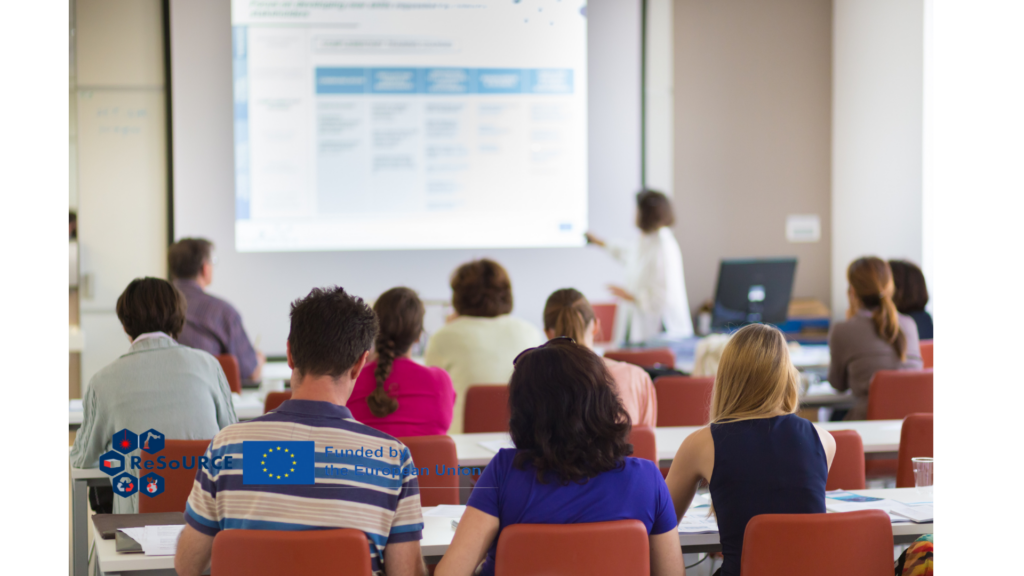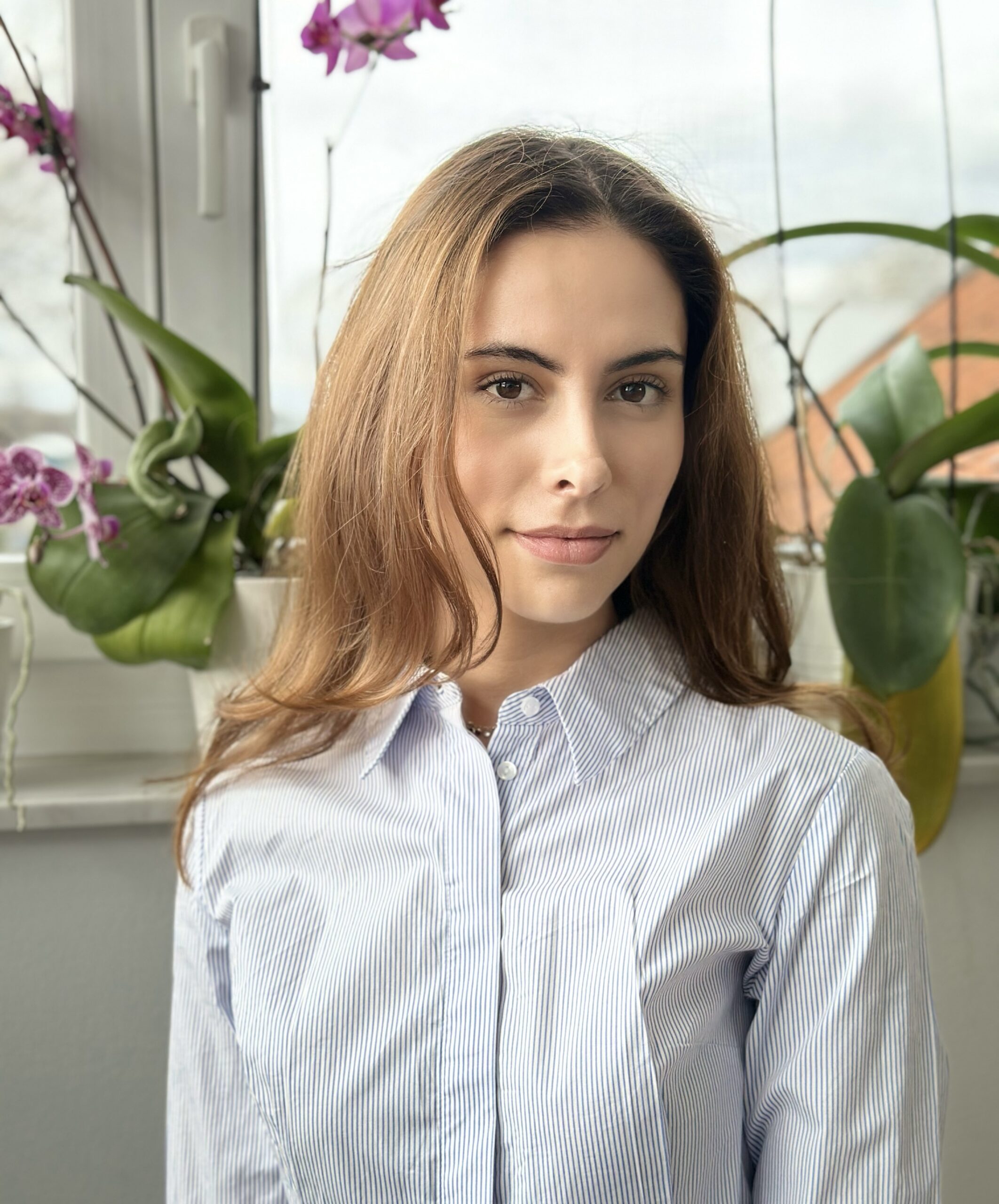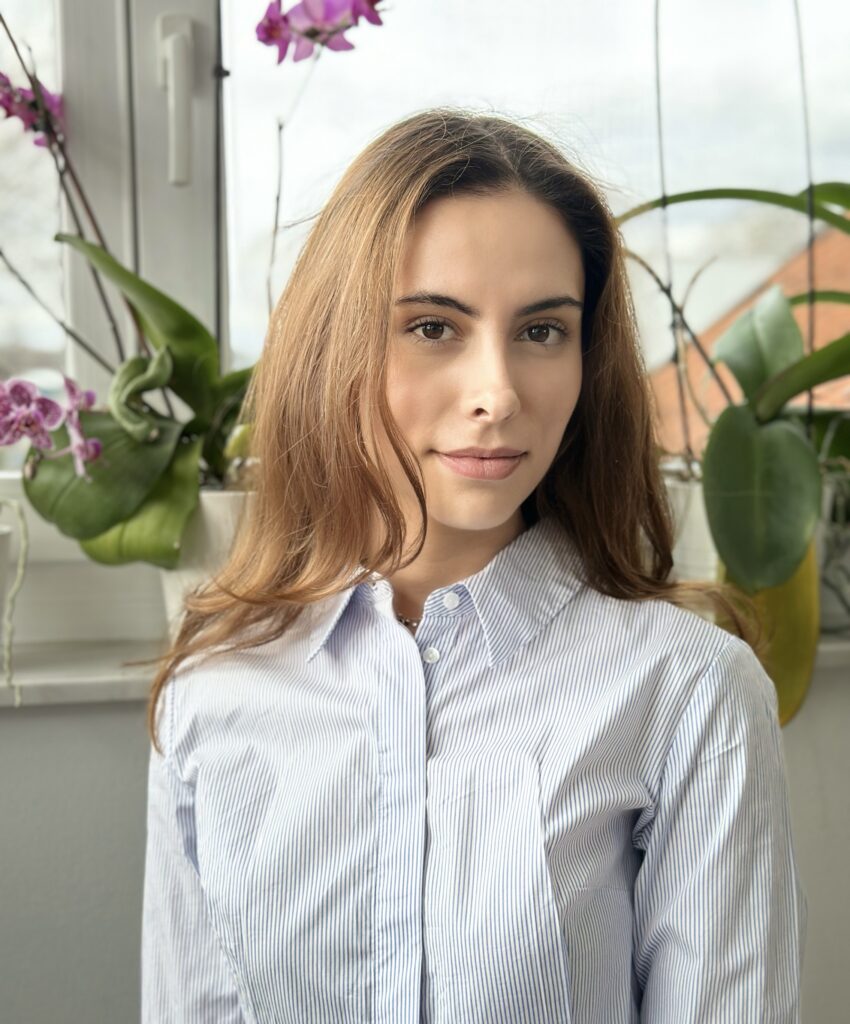Building a Future-Ready Workforce: ReSoURCE’s Cooperation with Research and Education

Alongside its work on developing technologies for refractory recycling, the ReSoURCE project has also focused on cooperation with research and educational programmes — a key component of EU-funded projects. This work helps ensure that knowledge gained through the project is shared widely and that future professionals in the raw materials sector are equipped with relevant skills and insights.
Integration into Academic Programs
ReSoURCE has been included in a range of undergraduate, master’s, and doctoral programmes across partner institutions such as Montanuniversität Leoben (MUL), SINTEF, and Fraunhofer ILT. Project-related content was introduced in lectures, seminars, and supervised theses across study areas including:
- Mineral Processing and Circular Engineering
- Environmental and Climate Protection Technology
- Raw Materials Engineering
- Mechanical Engineering and Applied Geosciences
At least six lectures now include ReSoURCE-related content, such as Environmental and Waste Mineralogy, Fundamentals of Mineral Processing, and Introduction to the Processing of Particulate Solid Matter. These courses allow students to engage with practical examples and challenges directly connected to current research.
Support for Early-Career Researchers
The project has created opportunities for students and early-stage researchers at different academic levels, including:
- Two early-stage researchers (doctoral and postdoctoral) working on waste management and electrodynamic fragmentation
- Seven student theses (five master’s and two bachelor’s) on topics such as sensor fusion, refractory characterization, and comminution technology
- Two internships focusing on advanced processing technologies and life cycle assessment (LCA)
- These activities have provided valuable hands-on experience and contributed to the development of new knowledge within the project.
Outreach and Public Engagement
ReSoURCE was also presented in several events aimed at students and the wider public. Examples include:
- The PROMISE Scientific Exchange Day and Summer School, introducing students to current mineral processing research
- The Youth Entrepreneurship Week, hosted by RHI Magnesita, where the project was presented as an example of collaboration between academia and industry
- The Long Night of Museums and the Ecoality Climate Camp, which brought research topics into dialogue with younger audiences
- Through these events, the project has reached diverse groups, encouraging interest in sustainability, recycling, and the circular economy.
Future Outlook
Some of the project’s technical developments, such as AI-assisted sorting, electrodynamic fragmentation, and life-cycle approaches, may continue to influence how sustainability and resource efficiency are addressed in future curricula. By linking research with teaching, the project helps to ensure that students are introduced to innovative methods and real-world applications at an early stage in their education.
Conclusion
The cooperation with research and education has been an integral part of ReSoURCE’s work. Beyond the technical achievements, this collaboration reflects the project’s commitment to preparing the next generation of experts who will continue advancing circularity in raw materials.
A full overview of these activities can be found in the deliverable D11.4 – Report on cooperation with research and educational programs, available in the Knowledge Vault.

Author’s Portraits
Sofia Iriarte
Sofia is project ReSoURCE´s Science Communicator. She studied Advertising and Public Relations and has a MSc in Communication Science from the University of Vienna. Currently, she is part of the Global Communications team at RHI Magnesita.
Partner

